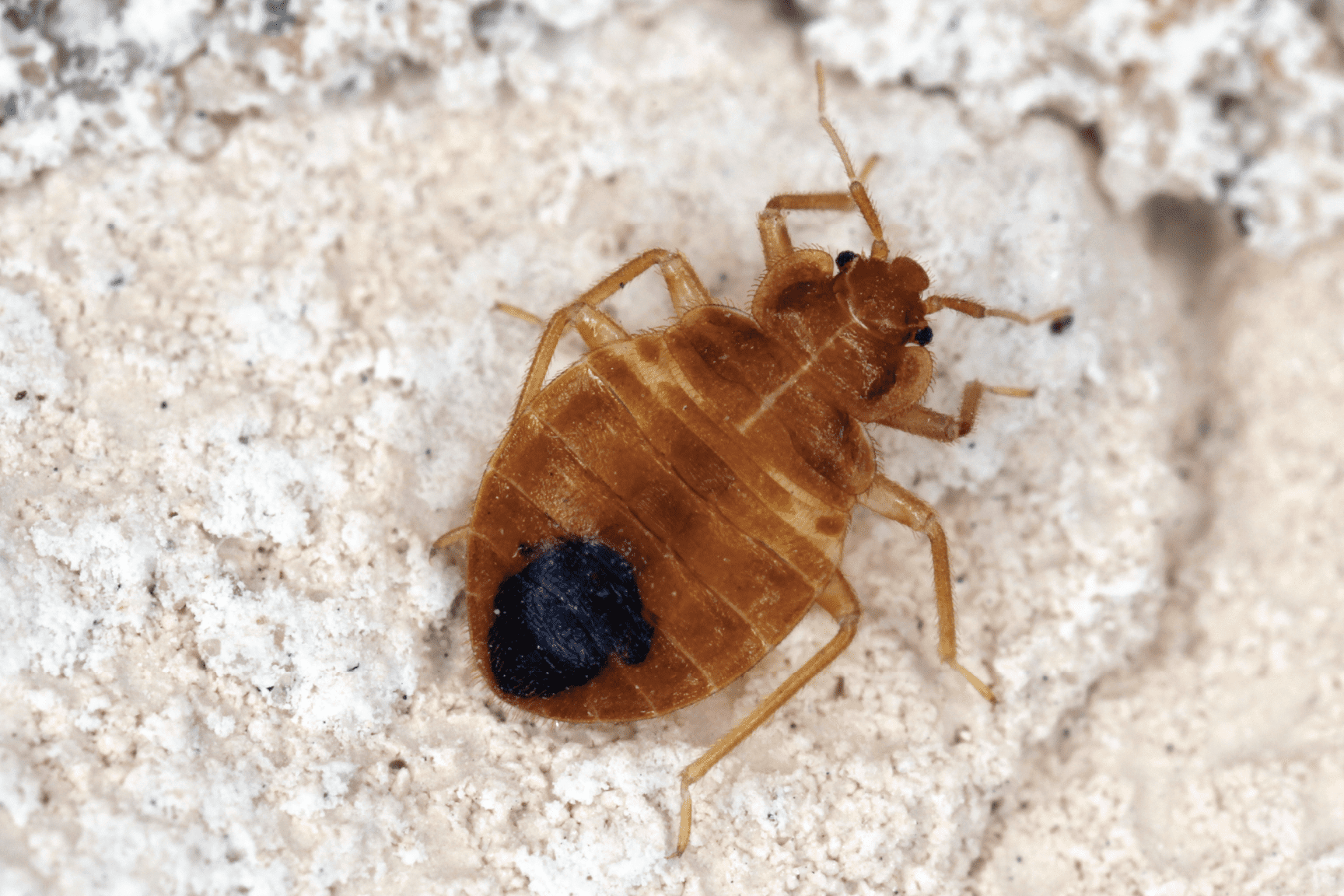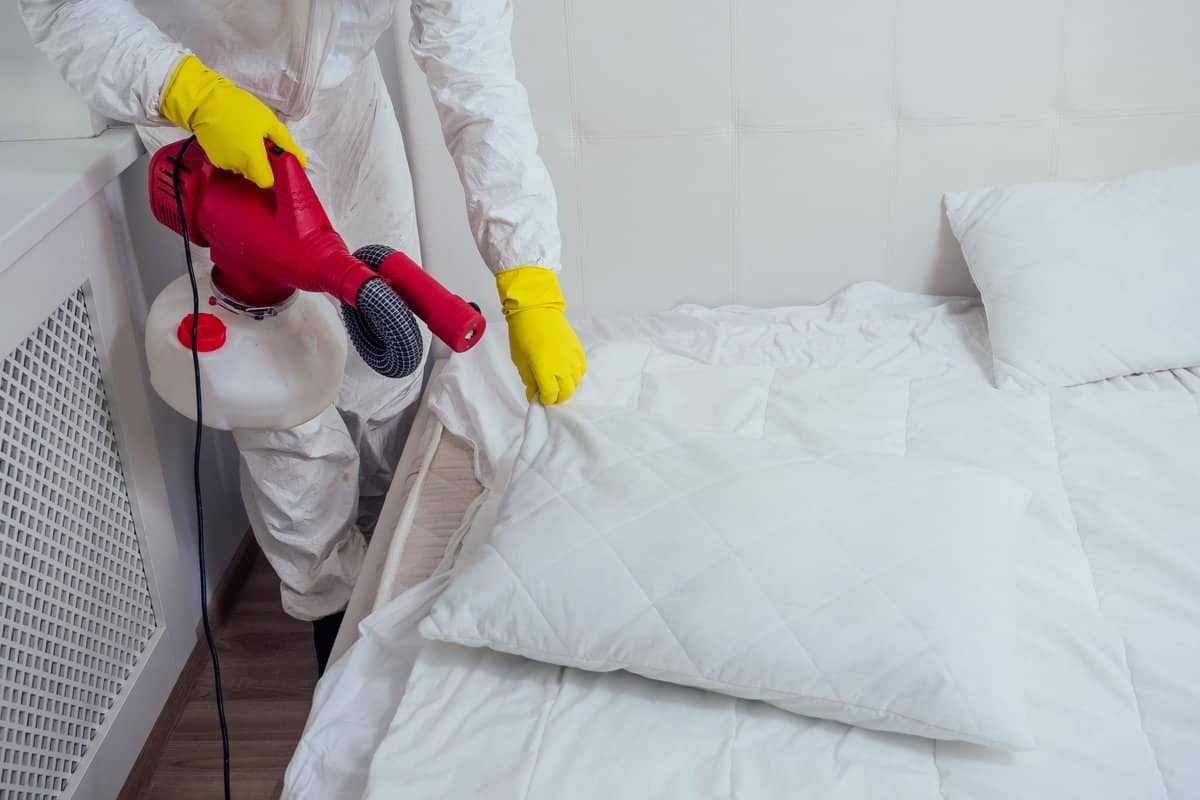Ideal Kings Pest Control Cincinnati: Premier Pest Control Experts
Wiki Article
Kinds Of Parasite Control: Which Technique Is Right for Your Problem?
When encountered with a parasite infestation, the selection of a suitable method for pest control is important in successfully managing the situation. From chemical treatments to biological solutions, there exists a variety of strategies that can be utilized to address different sorts of pests. Each method includes its very own set of advantages and factors to consider, making the decision-making procedure a nuanced one. Recognizing the subtleties of each technique and examining their compatibility with the specific bug infestation at hand is crucial for attaining lasting success in parasite monitoring. By checking out the different kinds of insect control approaches offered, people can make educated choices customized to their special circumstances, guaranteeing an extra reliable and lasting outcome in bug obliteration.Chemical Parasite Control
Chemical insect control entails using synthetic or normally acquired chemicals to take care of and eradicate pest populaces properly. This technique is commonly made use of in agriculture, forestry, and household setups to deal with a vast array of pests, consisting of rodents, weeds, and pests. Making use of chemical pesticides can provide quick and targeted solutions to pest problems, making it a popular choice for several individuals and organizations.One of the essential benefits of chemical pest control is its ability to promptly get rid of parasites, lowering the risk of damages to crops, building, and human health. By utilizing certain chemicals that target specific parasites, this approach can efficiently regulate infestations while minimizing damage to advantageous organisms and the atmosphere when applied properly.
However, the usage of chemical pest control also raises worries about possible unfavorable impacts on non-target species, water sources, and human wellness. It is essential to comply with safety guidelines, use chemicals sensibly, and think about different insect control techniques to minimize these threats and make sure lasting bug management practices.
Organic Insect Control
Organic bug control, also known as biocontrol, makes use of living microorganisms to reduce and take care of insect populaces naturally. By making use of the bug's all-natural predators or pathogens, biological bug control offers a eco pleasant and sustainable service to pest administration.
Mechanical Insect Control
Utilizing physical and hands-on techniques to take care of parasite populaces, mechanical parasite control uses a different method that does not count on making use of living microorganisms or artificial chemicals. This approach involves using barriers, catches, or various other gadgets to physically prevent or get rid of pests. By obstructing insect entry factors or establishing catches to capture them, mechanical bug control can properly minimize infestations without introducing chemicals right into the environment.One common instance of mechanical insect control is making use of mesh screens on doors and windows to avoid bugs from entering structures. This easy yet efficient technique serves as a physical obstacle, keeping pests out while allowing for correct air flow. Furthermore, devices like mousetraps, fly swatters, and ultrasonic repellents drop under the mechanical pest control classification.
While mechanical insect control methods can be labor-intensive and require normal monitoring and maintenance, they offer a eco friendly and sustainable solution for handling check out here parasite problems. By incorporating different mechanical methods, homeowner can produce a thorough insect control method that decreases reliance on chemical pesticides.
Physical Pest Control

Some usual physical pest control approaches consist of making use of barriers such as displays or internet to avoid insect access, traps to catch and remove bugs, and hand-picking to physically eliminate parasites from plants or structures. Furthermore, strategies like heat therapies can be used to manage bugs like bed bugs by raising the temperature level to degrees that are deadly to the pests.
Physical insect control is especially valuable in integrated insect monitoring (IPM) strategies, where several parasite control methods are integrated for efficient insect management while reducing using chemicals. By making use of physical insect control methods, people can effectively deal with insect problems with minimal environmental impact.
Integrated Insect Administration
When carrying out physical parasite control methods as part of bug administration methods, Integrated Parasite Monitoring (IPM) arises as a comprehensive approach that leverages various techniques to efficiently control pest populations. IPM concentrates on long-term avoidance of insects through a mix of organic, social, physical, and chemical devices tailored to particular parasite issues. By incorporating numerous control techniques, IPM intends to reduce the risks associated with insects while likewise decreasing reliance on chemical remedies.One trick element of IPM is the emphasis on tracking and analyzing pest populaces to determine one of the most suitable control techniques. This proactive approach enables very early treatment and targeted approaches, causing a lot more efficient parasite monitoring. Furthermore, IPM advertises ecologically pleasant methods by prioritizing non-chemical control approaches and only using chemicals as a last resource.
Verdict

By utilizing the insect's natural predators or virus, organic bug control provides a lasting and environmentally friendly option to pest monitoring. - Kings cincinnati pest control companies
Making use of physical and hands-on approaches to handle insect populaces, mechanical bug control provides an alternative strategy that does not depend on the use of living microorganisms or synthetic chemicals.A reliable approach to taking care of bug populations without counting on chemical or biological approaches includes the usage of physical insect control methods.When carrying out physical pest control techniques as part of bug management approaches, Integrated Insect Monitoring (IPM) emerges as a thorough strategy that leverages numerous techniques to successfully control pest populaces. Chemical parasite control involves the usage of pesticides, biological parasite control utilizes all-natural killers, mechanical pest control includes physical barriers, physical bug control consists of trapping or eliminating parasites, and integrated bug monitoring combines numerous techniques for an alternative technique to pest control.
Report this wiki page